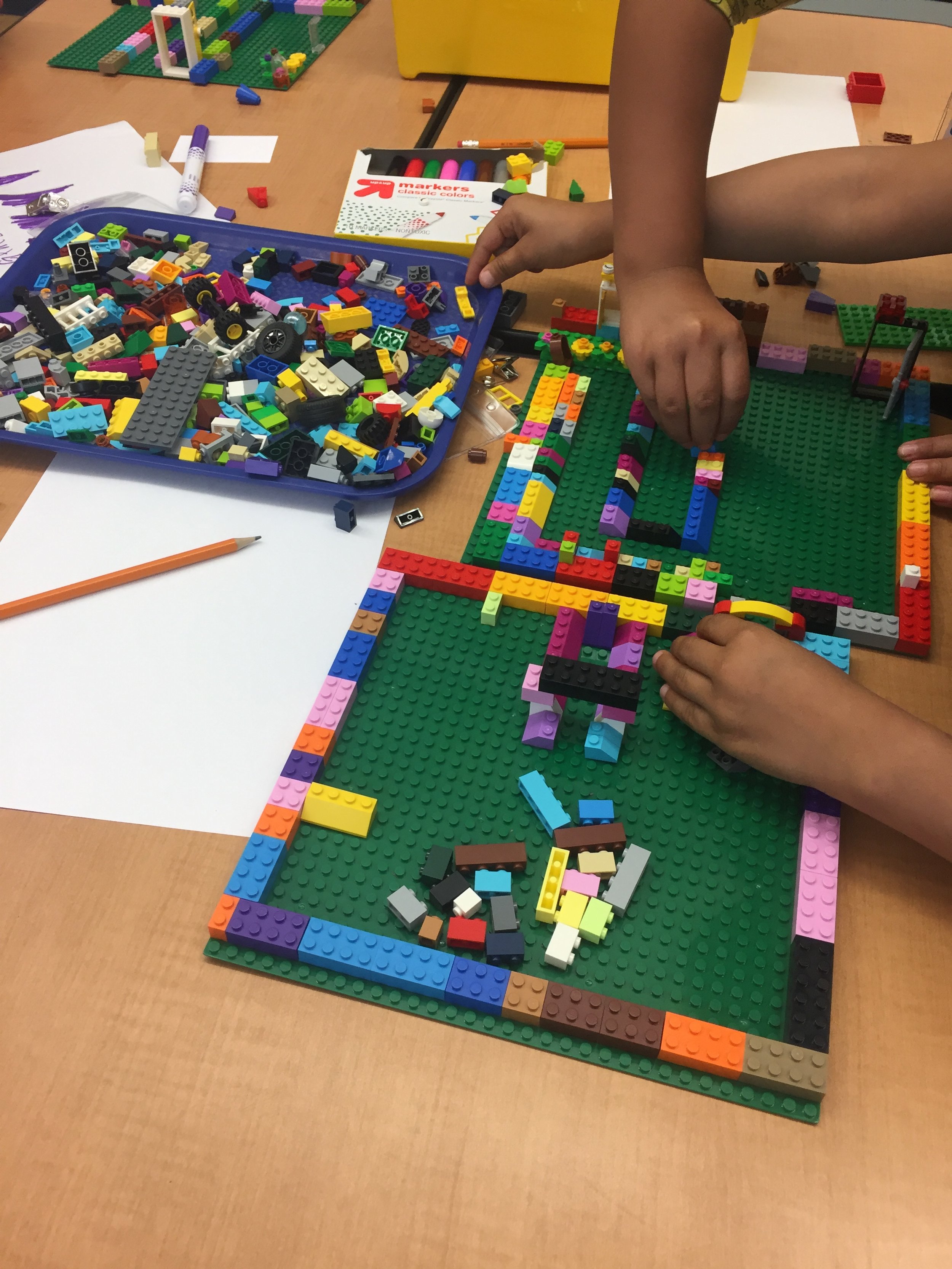Math + SAfG = Positive impact
Math gets a bad rap. It’s often considered hard, complicated or boring – and truth be told, some of us dread working with numbers, pricing, budgets and projections.
How do we change that perspective? For Scientific Adventures for Girls, we hook students into math by engaging them in hands-on projects with appealing and relevant topics.
SAfG uses M&Ms, balls, music and art to make learning fun
We start by talking about ways they use numbers and math every day (from jumping jacks to cooking measurements and number details about themselves) and discuss how math is used in science. In our first lesson of the Fall curriculum, we teach them about numbers, probability and graphs through fun activities like a getting-to-know-you exercise and several games.
In other SAfG hands-on lessons for the 10-week session, math concepts go beyond simple addition and subtraction to include data collection, computation, record-keeping, graphing and analysis; measurement and fractions; geometry, spending money; and math in music and art.
Students’ math activities include:
Figuring out how high a ball bounces
Guessing and discovering how many M&Ms land M-side-up in a pizza box
Making charts and graphs as an individual and as a class
Creating tessellations - A pattern of one or more shapes that fit together with no gaps or overlaps
Designing 3D paper shapes
Using math to get out of an escape room
Social-emotional learning, new vocabulary words, teamwork, collaboration, communication and problem-solving individually and as a team are all baked into SAfG’s math lessons.
Why focus on math this year?
COVID-19 had the most devastating effect on students’ math abilities, significantly setting them back. According to the National Assessment of Educational Progress (the nation’s report card), math scores for fourth graders declined in 41 states and 64% of them are not proficient in math. In California, which stood out for its caution in reopening schools, scores declined only slightly less than national averages.
The pandemic left the country’s most vulnerable, low-performing students even further behind. Drops in their test scores were more pronounced and their climbs to proficiency are now much more daunting. Black and Hispanic students, who started out behind, experienced even sharper declines. These BIPOC students from Title 1 schools are predominantly the girls SAfG serves. Of our 85% BIPOC students, 82% are Black and Hispanic.
Research found that for school districts receiving pandemic relief funds, “Many did not have a concerted plan for math,” according to Marguerite Roza, the director of the Edunomics Lab at Georgetown University. Among solutions from experts: Double up on math classes.
The current need to help elementary students is clear; that’s why SAfG prioritized math for our 2023-2024 curriculum in the 22 schools receiving our afterschool STEM education program.
Most of us can relate to: "From the earliest grades, we see students divided into math people and non-math people, and that's tragic," said Bob Hughes, K-12 director for the Bill & Melinda Gates Foundation. "We know all students can succeed in math, and when students fail algebra, they're more likely to drop out and not graduate from school."
SAfG is working to change that! We want to develop the girls' sense of belonging in science and math, help them enjoy it, and believe STEM and math careers are within reach and careers for them.
Our approach and preparation enhance learning
Maria del Rosario Zavala, Assistant Professor of Elementary Education at San Francisco State University, co-author of Early Elementary Mathematics Lessons to Explore, Understand, and Respond to Social Injustice (co-authored with Courtney Koestler, Jennifer Ward, Tonya Bartell) is an expert in fun ways to teach math to young students. She has graciously agreed to give SAfG teachers and assistants a 1-hour training session before we start the Fall session.
With Maria’s expertise and best practices, our teaching staff will start the Math curriculum armed with new tools and techniques. Training, coupled with the age-, culturally- and developmentally-appropriate lessons designed by SAfG’s Manager of Programs Holly Bluhm and Head Teacher and Program Coordinator Julia Martien give us a winning combination that will benefit up to 800 TK-6th grade students.
SAfG is helping develop a new generation of girls that, hopefully, won’t shy away from or be overwhelmed when math comes into the equation in their future lives and careers.
- Candy Culver, SAfG Director of Development and Marketing


